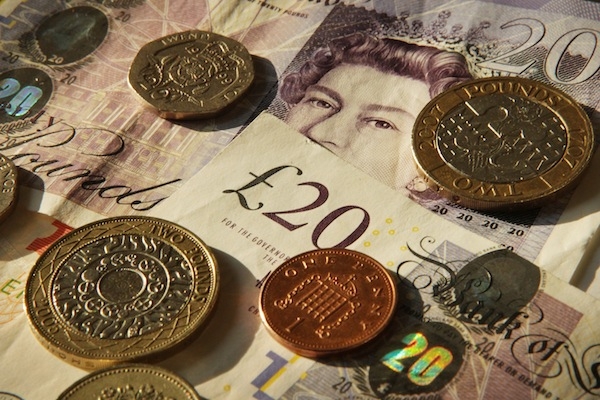There are just 19 dreary January days left to complete your online self-assessment tax return and – here’s the important bit – pay what you owe. Miss the midnight deadline on Tuesday 31st January and you could face a stiff financial penalty.
More than 10 million of us were organised and settled our annual accounts on time last year, but nearly 900,000 let it go down to the wire. HM Revenue & Customs reported that 823,000 taxpayers waited until the 30th and 31st to file their returns. The Revenue’s single busiest day for returns was the 29th January, when 513,271 people submitted their records.
Men were the most likely to pay on time, as were those aged 65 or above, residents of Northern Ireland and people working in the agriculture, fishing and forestry sector.
Those who pay late risk costly punishment. If you fail to submit your return and settle up by the 31st of January, HMRC imposes a £100 fixed penalty – even if you don’t owe so much as a penny in tax. Take longer than three months to get straight and you could rack up further daily penalties of £10 a day (up to a maximum of £900). After six months, you could be billed a further 5 per cent of the tax you owe or £300, whichever is greater. And you’ll be charged the same again if you pay 12 months late or more.
If you have a really good reason for your tardiness, you may escape being penalised if you let HMRC know in good time – preferably before the 31st. But not all excuses wash with the taxman. Some of the appeals it rejected last year include:
- ‘My tax return was on my yacht…which caught fire.’
- ‘A wasp in my car caused me to have an accident and my tax return, which was inside, was destroyed.’
- ‘My wife helps me with my tax return, but she had a headache for ten days.’
The good news is that 19 days is still plenty of time to file your accounts, even if you’re doing so for the first time. If you’ve yet to submit your return, the following Q&A can help you beat the deadline.
Who needs to complete a self-assessment tax return?
The full list can be found here. It includes:
- The self-employed
- Taxpayers who receive untaxed income – from activities such as renting out a property, or from savings and investments
- Those in a business partnership
- Paid company directors
- People with income of £100,000 or greater
- Investors who have made pre-tax investment income of £10,000 or more
- Child benefit recipients with income of more than £50,000
How do I submit my return?
As the deadline for submitting a paper return passed on the 31st of October, to file your return on time, your only option left is to do so online here.
If you’re filing your first self-assessment tax return, you will need to register beforehand. If you’re self-employed, you can do this here. You’ll be sent a letter with a Unique Taxpayer Reference and within 10 working days you’ll receive another letter with an activation code, which you need to log in to your online account for the first time (tip: as of today, there are just 13 working days left before the deadline).
Everyone else can register here.
Alternatively, you could get an accountant to file your return on your behalf but they will also need to register you for the online service if you haven’t already.
What information will I need?
Details of your affairs from the 2015/16 tax year, which started on 6th April 2015 and finished on 5th April 2016. The exact information you will need to supply depends on your reason for completing the return but as well as personal details such as your National Insurance number, it could include:
- Your P60
- Total profit/income
- Any expenses
- Details of your employment
Where can I get help with my return?
You can call HMRC’s self-assessment helpline on 0300 200 3310 and the Revenue has a webchat help tool here.
Laura Whitcombe is knowledge and product editor at ThisisMoney.co.uk.






Comments